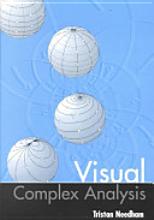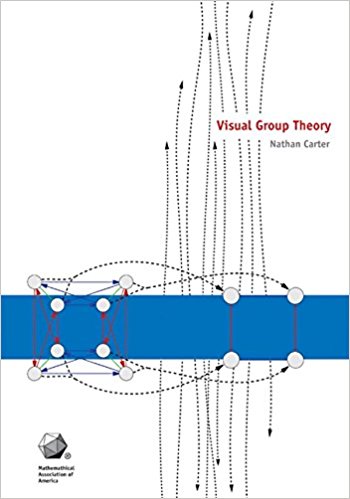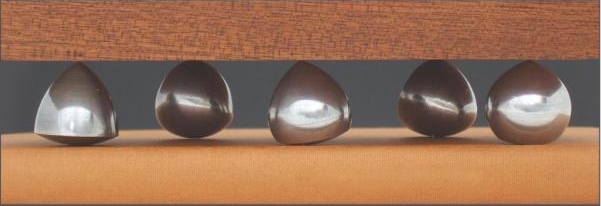I'm posting this here as it's off-topic for the Math stack exchange, and I'm hoping there will be some educators here that can point me in the right direction.
I enjoyed watching the YouTube series Numberphile, as it makes math accessible to me in a way it hasn't been before. Which is awesome; I always sucked at math. Anyway, there's an episode where they mention that in Euclid's time, they would learn about shapes and geometry as the basic elements of mathematics and numbers were simply the result of that.
That made me think about the one time I really shined in math classes. Geometry. I was always slow to learn math concepts, as I found the procedural "Just do it like this and you'll get the answer" teaching boring and rote. But not geometry! You can see the relationships and you do things a certain because they make sense. I mean, I'm sure those procedures they were teaching before also made sense in a manner that wasn't yet accessible, but geometry just naturally made sense. Other aspects of mathematics just don't click until I reach a certain point of intuitive understanding (which is why I love Numberphile so much, as it's full of visuals that illustrate relationships between numbers).
Anyway, where can I find resources to learn more in this visual relationship-based manner? I took a pre-calc class in college, but had to drop it when the concepts just weren't clicking. Everything was procedure-based, and I need to find resources that help me to understand the why before teaching the how.



